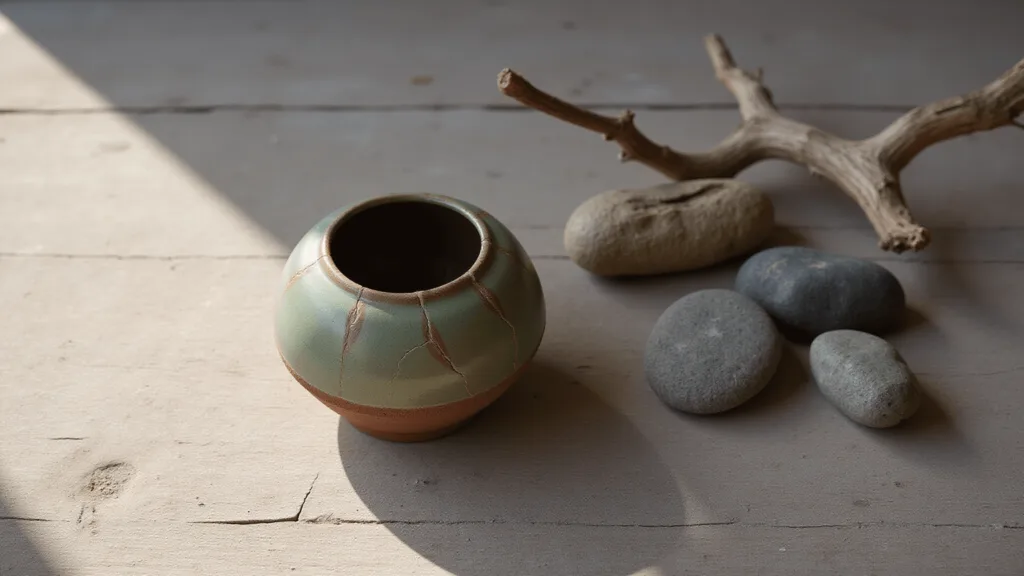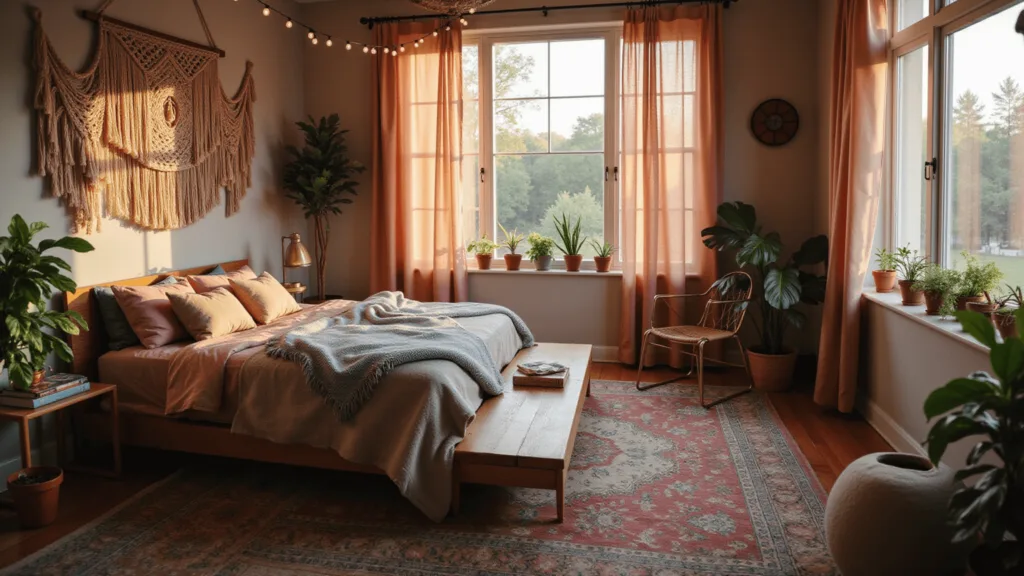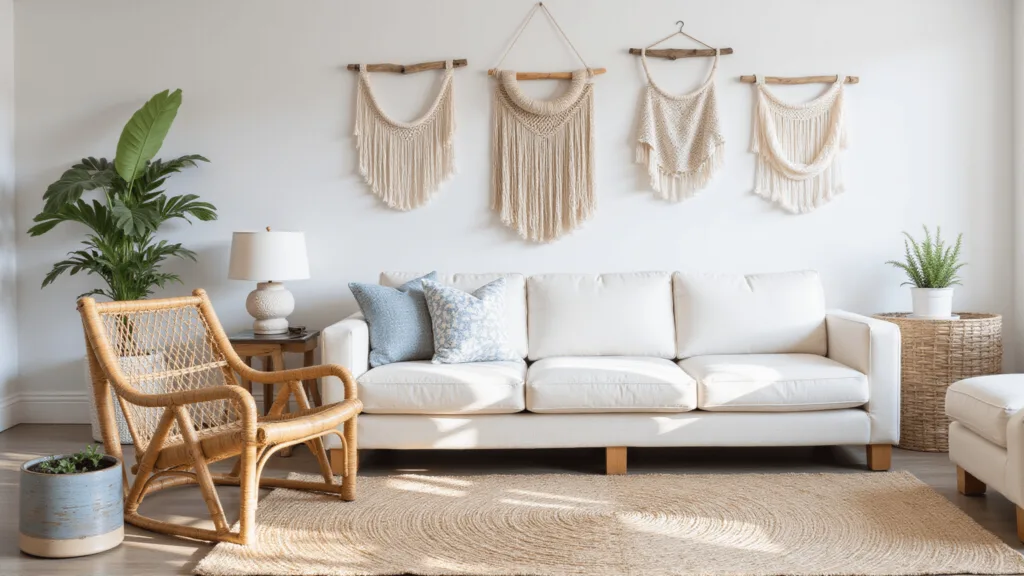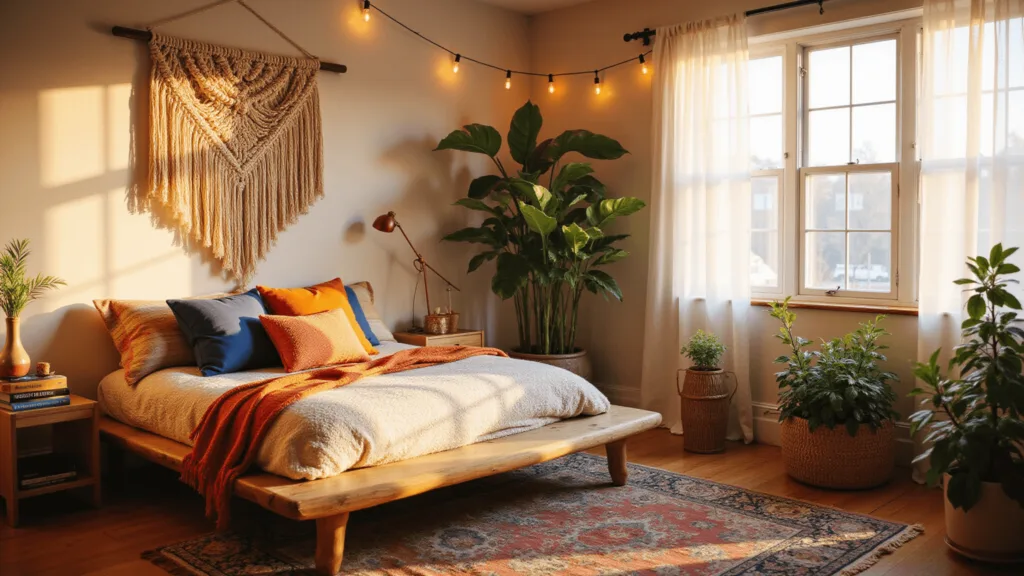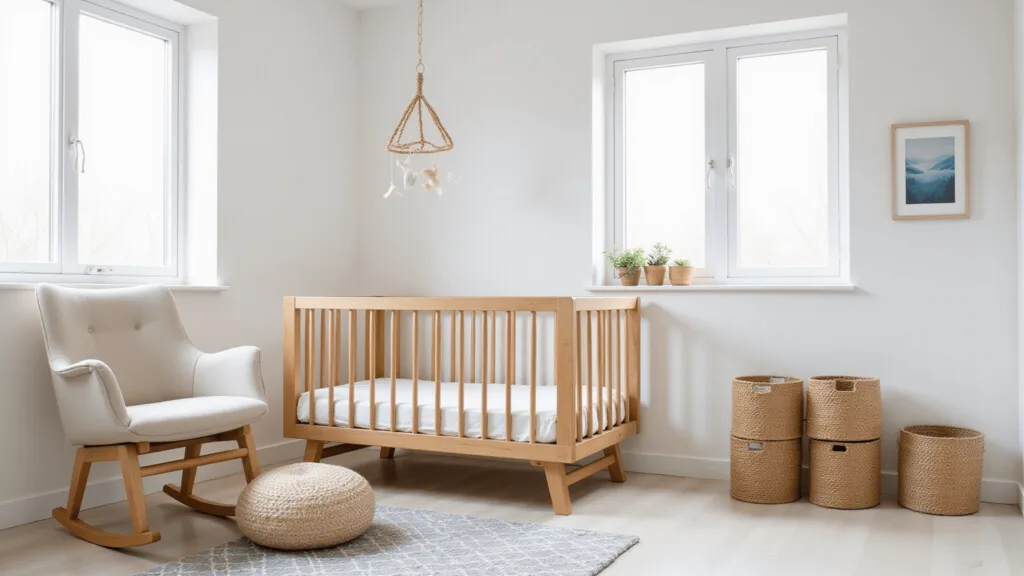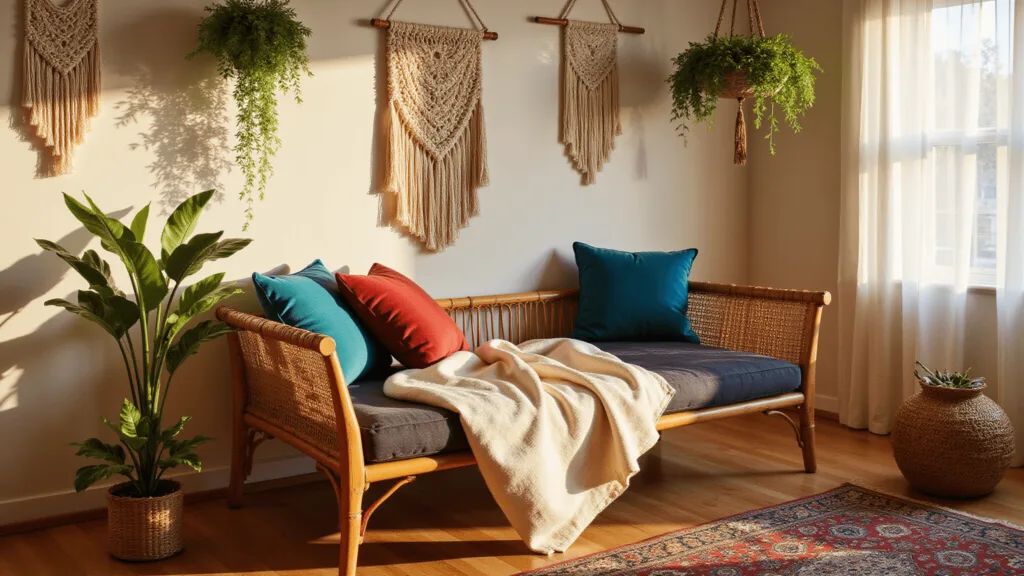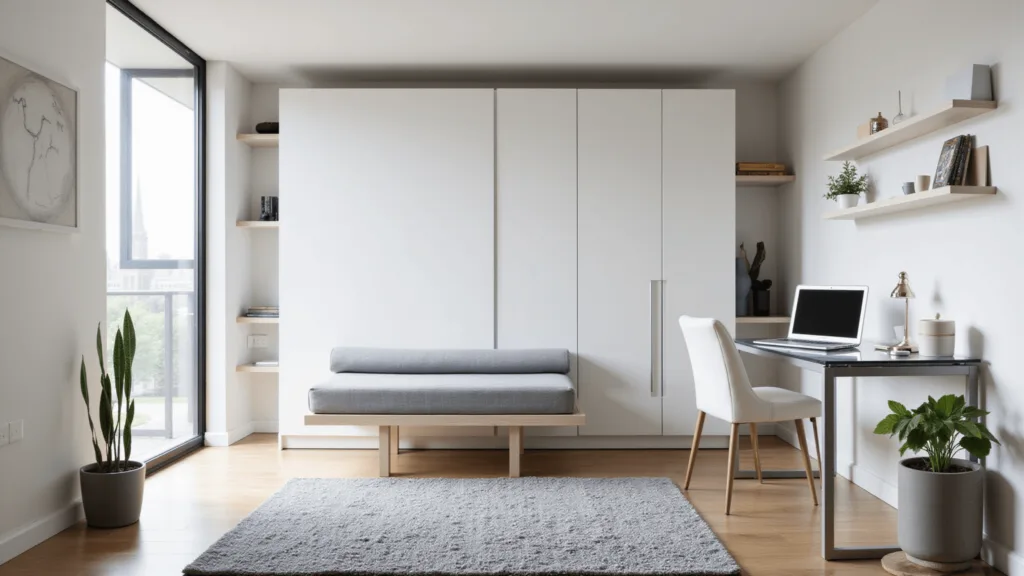Discovering the Beauty of Imperfection: A Wabi Sabi Journey
Have you ever looked at a chipped ceramic bowl and seen pure beauty? Welcome to the world of wabi sabi, where imperfection isn’t just accepted – it’s celebrated.
What Exactly is Wabi Sabi?
Wabi sabi is a Japanese aesthetic philosophy that finds profound beauty in:
- Natural aging
- Subtle imperfections
- Simplicity and authenticity
- Transient moments of life
Getting Started: Your Wabi Sabi Decor Toolkit
Essential Tools for Creating Magic
- Camera: High-quality smartphone or DSLR
- Lighting: Soft natural light or gentle softbox
- Pottery: Unique, slightly imperfect ceramic pieces
- Props: Natural elements like branches, stones, textiles
Budget-Friendly Tips
- Thrift stores are treasure troves for wabi sabi pieces
- Look for ceramics with interesting cracks or uneven glazing
- Natural materials like wood and stone are typically inexpensive
Styling Your Space: The Art of Intentional Imperfection
Color Palette Magic
Stick to earthy, muted tones:
- Soft browns
- Gentle greens
- Warm grays
- Occasional gold or silver accents (especially for kintsugi pieces)
Composition Secrets
- Embrace asymmetry
- Create breathing room with negative space
- Mix textures ruthlessly
- Let each piece tell its own story
Photography Tips for Capturing Wabi Sabi Essence
Lighting is Everything
- Shoot during golden hours (early morning or late afternoon)
- Use diffused natural light
- Avoid harsh, direct sunlight
Capturing Textures
- Get close-up shots that highlight unique imperfections
- Play with different angles
- Focus on the details that make each piece unique
Practical Implementation: Step-by-Step Guide
- Clear Your Space
- Remove clutter
- Create a calm, minimalist background
- Arrange Your Pieces
- Start with a focal point ceramic
- Add supporting elements gradually
- Allow breathing room between objects
- Photograph with Intention
- Use manual camera settings
- Experiment with composition
- Capture multiple angles
Common Mistakes to Avoid
Styling Pitfalls
- Over-styling (less is more)
- Forcing perfection
- Ignoring the story behind each piece
Technical Errors
- Harsh lighting
- Overcrowded compositions
- Generic descriptions
Pro Tips for Pinterest-Worthy Shots
- Use vertical pins (2:3 ratio)
- Write descriptive, story-driven captions
- Use relevant hashtags like #WabiSabi #JapaneseAesthetics
Budget Considerations
Investment Range: $100-$500
- Thrifted pieces: $10-$50
- Quality ceramics: $50-$300
- Props and styling elements: $40-$150
Final Thoughts
Wabi sabi isn’t just a design style – it’s a philosophy of finding beauty in life’s imperfections. Your home should tell a story, embrace its quirks, and celebrate the unique journey of each object.
Remember: Perfect is boring. Imperfect is interesting.
Quick Checklist
- ✓ Unique ceramics
- ✓ Natural props
- ✓ Soft lighting
- ✓ Intentional styling
- ✓ Authentic storytelling
Happy styling, imperfect souls! 🍵🏺✨

